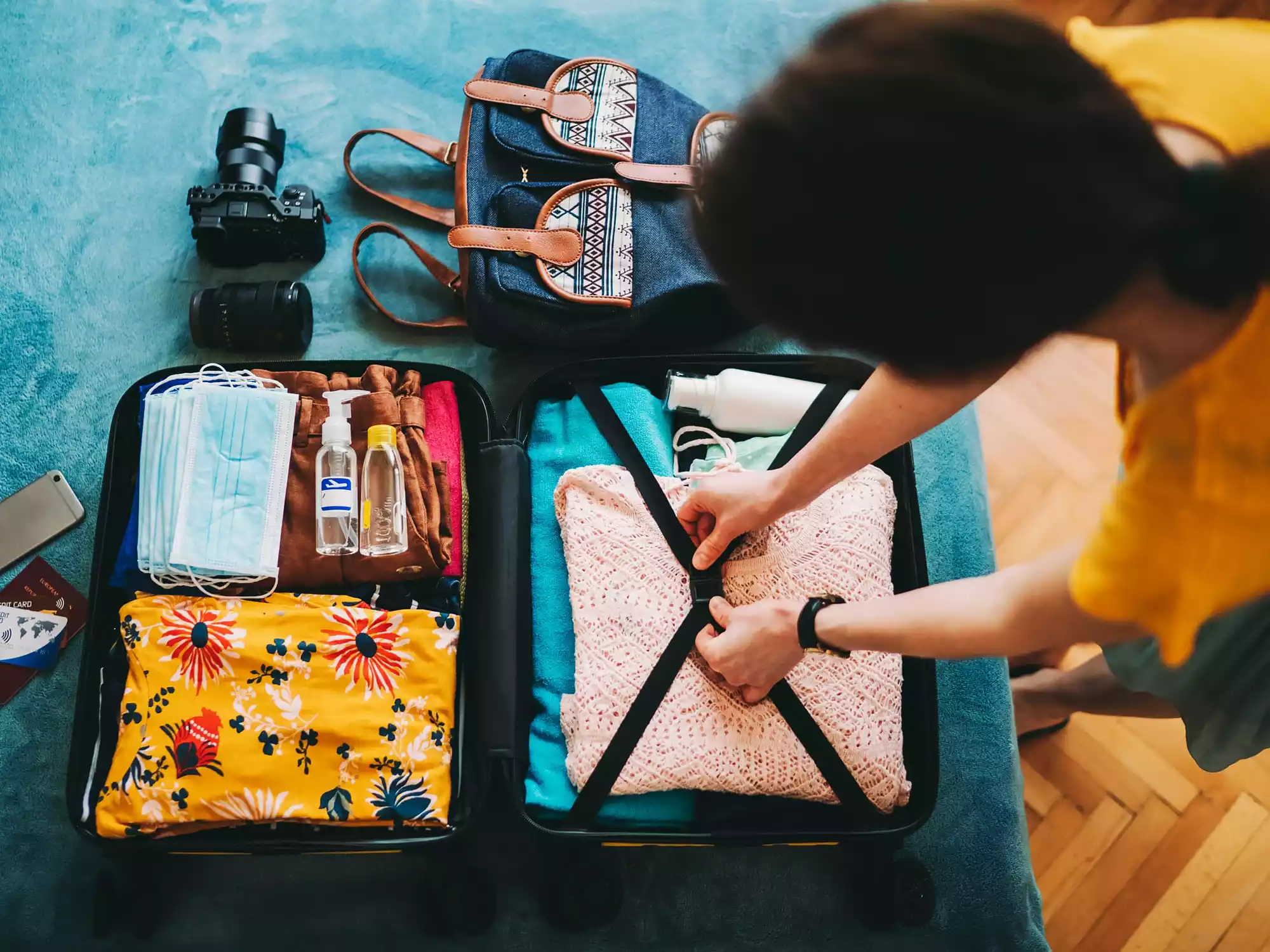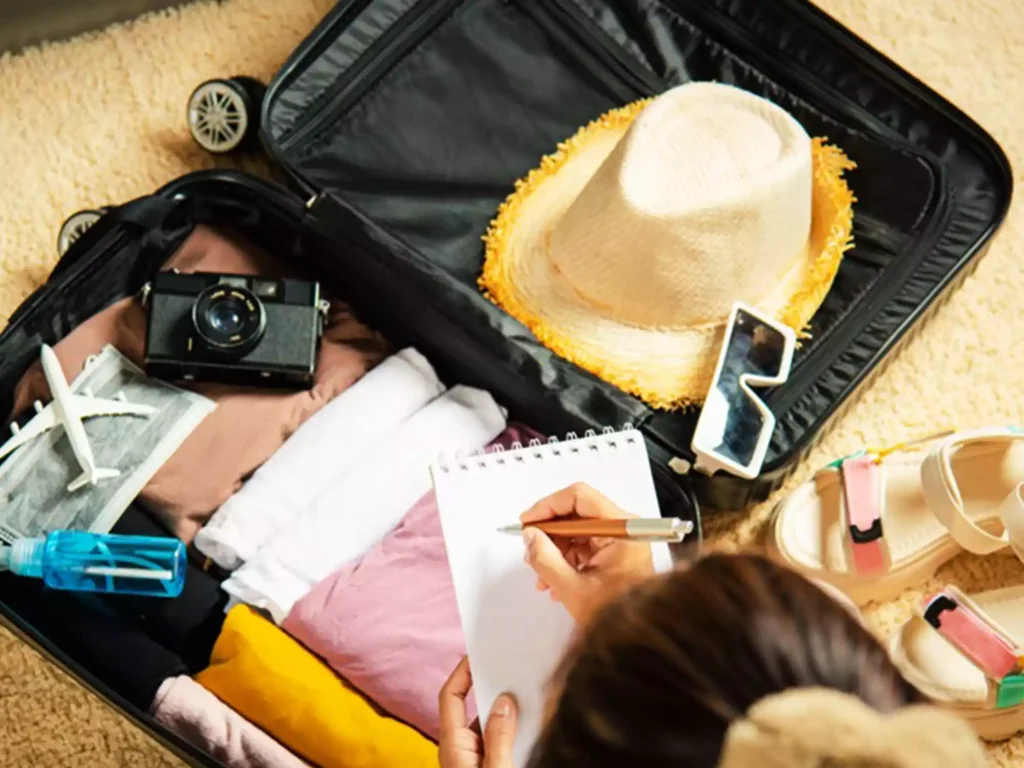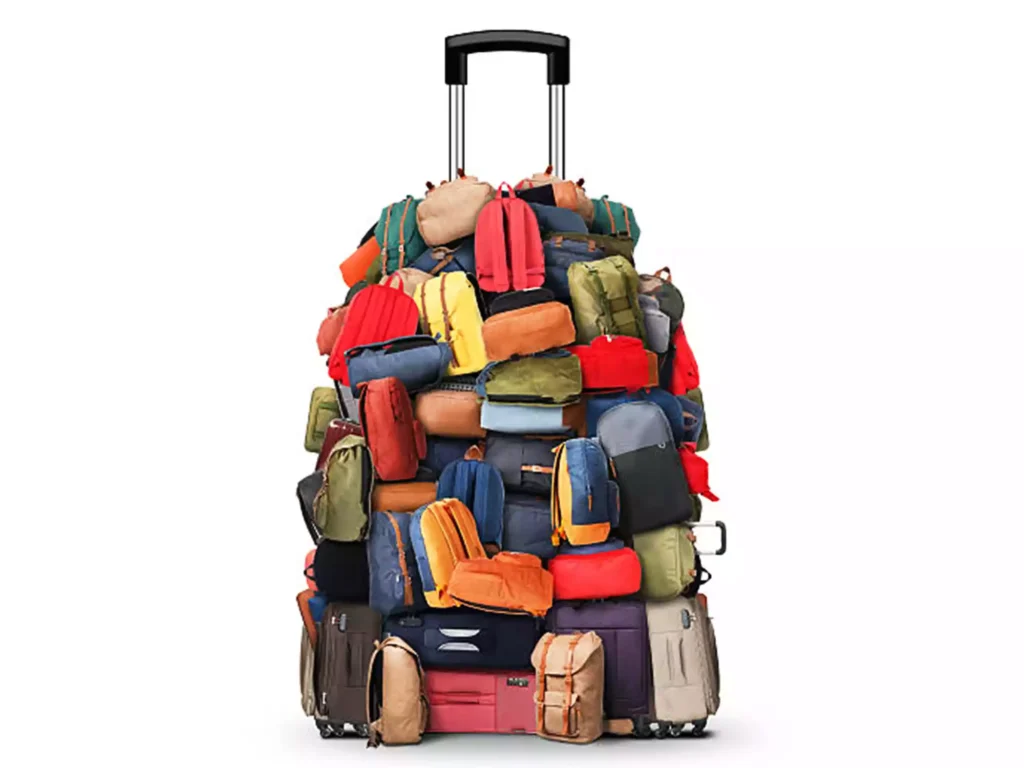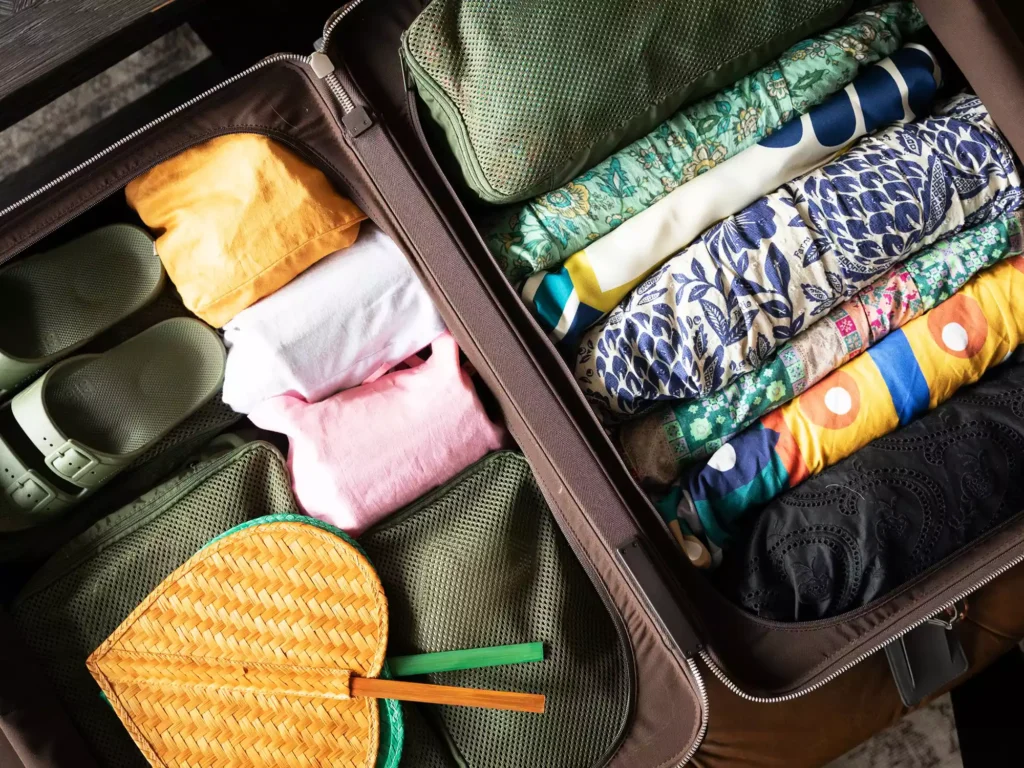The Art of Packing: Essential Tips for Efficient and Stress–free Travel

Packing for a trip, especially for a first-time traveller, can be stressful. I remember my friend Meghna, who while preparing for a weekend getaway, carried two bags with her which were full of things she never used. But had to carry wherever she went anyway. Imagine the hassle!
According to the American Psychological Association, 40% of people report travel stress and the primary stressors include packing, logistics, and planning.
Master the Art of Packing: Top Tips for Efficient and Stress-Free Travel
Traveling is meant to be relaxing and mastering the art of packing can transform your travel experience from stressful to smooth and enjoyable. Efficient packing helps save time, avoid over-packing, and save money. Good packing ensures that your belongings are well-organized and easily accessible. Proper packing techniques help protect fragile items and hence, following useful travel tips can ensure focus on the adventure ahead and ensure a stress-free travel.
Importance of planning ahead

Why Planning is crucial
Early travel planning gives an advantage in terms of availability and choice of accommodation and transportation and ensures that you do not have to settle for less desirable choices and higher prices. Early travel planning allows you to create a detailed itinerary that helps to avoid stress during the trip and can also help in organizing the packing according to the itinerary.
Create a Packing list
Creating a packing checklist before travelling can help you systematically list everything needed and reduce the risk of forgetting travel essentials. It can help save time, reduce stress, and help in an efficient organization. Moreover, the same packing list can be used to repack all the items while returning from the trip.
There are certain items essential for making the trip smooth. It is very important to carry documents for personal identification while travelling. It is also important to carry a little cash along with credit or debit cards for emergencies. It is better to carry some medicines and also have a physical map in case of non-availability of an internet connection.
Choosing the right luggage

Types of
Luggage
It is important to choose the type of travel
luggage depending on the destination, mode of travel, and length of the trip. Hard-side suitcases can be used for the protection of fragile items but they are usually heavy and inconvenient on uneven trails. Soft-side suitcases can be used to expand to fit more items. A backpack is a great choice during hikes, city tours, day trips, and excursions but they generally have fewer compartments making it difficult to access items easily. Duffle bags can be more flexible in tight spaces and some can also be converted into backpacks. In a situation where you have to decide between a Suitcase versus a Backpack, the best luggage for travel will always depend on the nature of travel because every travelluggage has its pros and cons.
Luggage features to consider
Selecting luggage for a trip requires several essential luggage features to be taken into consideration to minimize discomfort during travel. The first thing is to pick the correct size of luggage keeping length and the type of trip in mind. It is also important to consider airline size restrictions while making a choice. It is best when Hard side
suitcases are made of polycarbonate or ABS and soft side suitcases are made of nylon or polyester as it ensures durability. It is logical to choose a bag that comes with separate compartments for organizing clothes, shoes, and other accessories. The availability of external pockets for quick access and padded pockets for electronics is an added benefit. The weight of luggage when empty should be taken into consideration as lightweightluggage can help avoid airline weight restrictions and make it easier to carry or roll.
You may also like: 10 Common Packing Mistakes All Travellers Do
Packing Techniques for Maximum Efficiency

Rolling and Folding
When packing for a trip, choosing between the rolling and folding packing techniques can significantly impact luggage efficiency. Rolling clothes can save space and allow for efficient packing in smaller luggage. It also minimizes wrinkles and is better for irregularly shaped spaces around other packed items. Despite all its advantages, rolling clothes is usually time-consuming and is not ideal for all types of fabrics. The traditional method of folding clothes is quicker and easier. It is suitable for shirts, blazers, and trousers that need to maintain a crisp. Folding items though, makes it difficult to access the items at the bottom without disturbing the stack.
Read the full blog on Master the Art of Packing: Top Tips for Efficient and Stress-Free Travel
Comments
Post a Comment